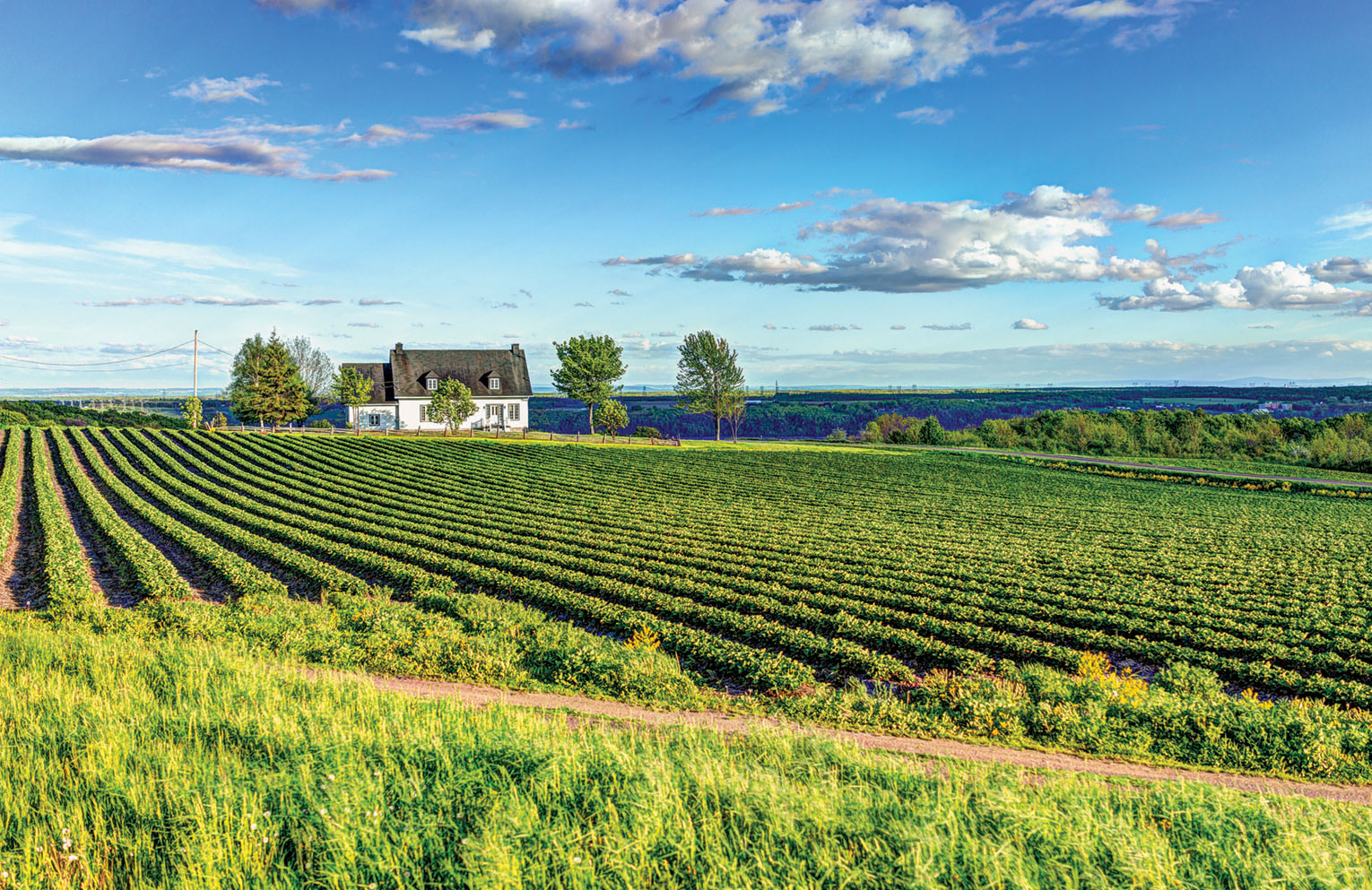 In the fundamental real estate course that every licensee must pass, one of the topics is emblements (crops), and who owns the crop on a property that sells prior to harvest. The law leans heavily towards the farmer on this topic, even if the farmer is not the owner of the land in question.
In the fundamental real estate course that every licensee must pass, one of the topics is emblements (crops), and who owns the crop on a property that sells prior to harvest. The law leans heavily towards the farmer on this topic, even if the farmer is not the owner of the land in question.
In an ever reoccurring scenario, a land owner owns many acres and has subdivided it into smaller parcels. The next door neighbor, a farmer, spent last fall working the soil and fertilizing the ground prior to planting wheat. Now it is springtime and the beautiful greenery of the new wheat field makes it look like a well manicured lawn which has enticed a buyer to place an offer on one of the 10 acre lots. The immature crop cannot be harvested until late summer, but the buyer closes the sale, intending to immediately build a home, requiring excavation of the soil. The excavation and work to follow will unavoidably damage the crop.
Since a farming lease is a property right, the farmer in this case owns the crop and has the right to harvest the crop. If the new land owner damages a certain portion of the crop while building, the farmer is entitled to recover those damages. Since this scenario often creates an adversarial situation, it is wise to have worked out the details of such remuneration in the purchase contract so the buyer is not left to argue with the farmer and the farmer does not suffer monetary loss.
In a local case the farmer had planted sunflowers, a popular transition crop. It was late spring and the seeds had only just begun to germinate. The buyer understood the dilemma of having to compensate the farmer for any loss to his crop, but the real stickler was that the buyer did not want to deal with the remaining sunflower stubble on his property once the crop was harvested. Instead of making arrangements to compensate for just partial damage to the crop, the buyer negotiated for the farmer to spray the whole 10 acre parcel with herbicide, killing all of the budding sunflowers so they did not have to deal with the debris later. The seller reluctantly agreed to compensate the farmer for his total loss (fertilizer, seed and crop) on the whole 10 acre parcel.
Since this is a common occurrence on rural properties, hire a broker who understands the complexity of farm land!
© Copyright 2025 | All rights reserved | Privacy Policy
"We do not share any client data with third parties. Your personal information is kept confidential and is not disclosed to any outside organizations except as required by law or with your explicit consent."
